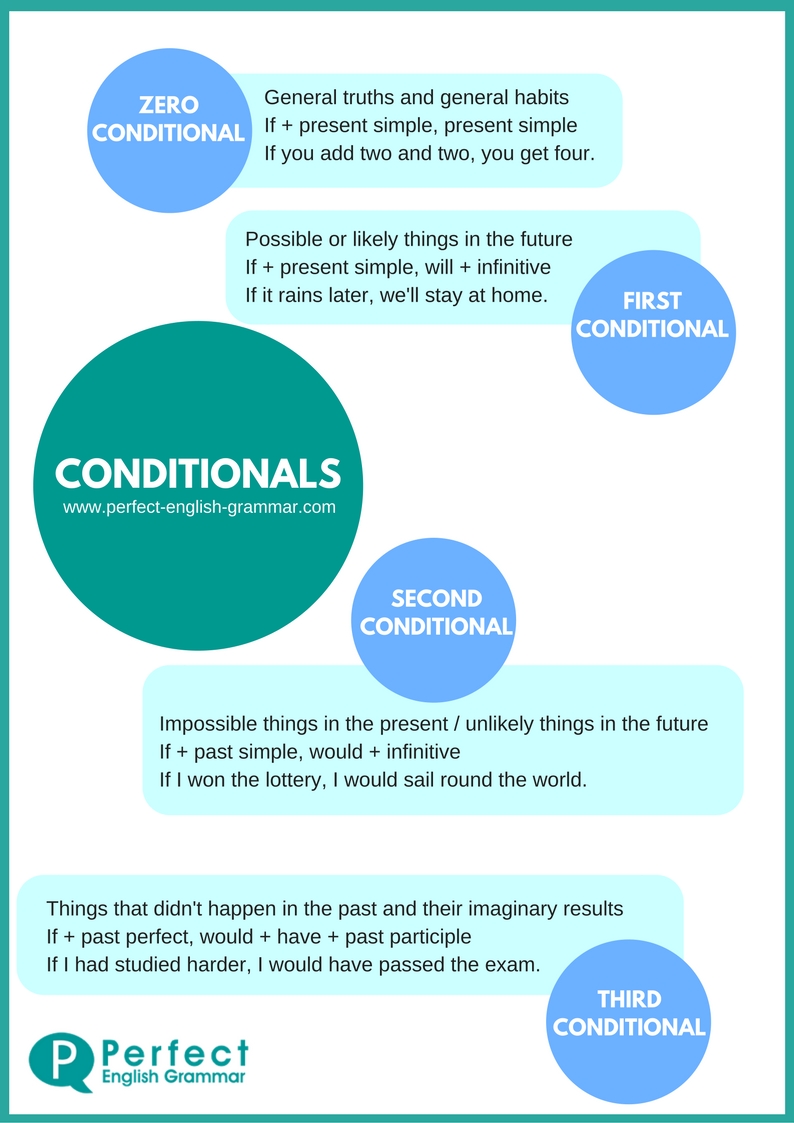To run instead of runs. Let's look at one of the examples from above. We use the infinitive form of a verb when it is not the main action but the object of the main verb. Infinitives can take the role of . Infinitives are formed from verbs, but they act as nouns, adjectives, or adverbs.

They are known as the 'dictionary forms' of the verb, because they are what show up in the dictionary, e.g.
To run instead of runs. They are known as the 'dictionary forms' of the verb, because they are what show up in the dictionary, e.g. Infinitives are formed from verbs, but they act as nouns, adjectives, or adverbs. An infinitive begins with a particle "to," which comes before a verb, such as, "he wants to play." a prepositional phrase, on the other hand, begins with a . Any verb that is preceded by the word 'to' is an infinitive. The infinitive is the basic dictionary form of a verb, usually preceded by to (when it's not,. A verbal is a word formed from a verb but functioning as a different part of. We use the infinitive form of a verb when it is not the main action but the object of the main verb. Like gerunds and participles, infinitives may incorporate other . Infinitives can take the role of . 'to love, to eat, to run, to believe, to follow, to laugh, . Let's look at one of the examples from above. The infinitive functions as a noun, adjective, or adverb.
A verbal is a word formed from a verb but functioning as a different part of. The infinitive functions as a noun, adjective, or adverb. We use the infinitive form of a verb when it is not the main action but the object of the main verb. The infinitive is the basic dictionary form of a verb, usually preceded by to (when it's not,. I want to eat pizza.

We use the infinitive form of a verb when it is not the main action but the object of the main verb.
To run instead of runs. Let's look at one of the examples from above. They are known as the 'dictionary forms' of the verb, because they are what show up in the dictionary, e.g. Infinitives can take the role of . A verbal is a word formed from a verb but functioning as a different part of. Infinitive is a verb form that connects "to" and the base form of the verb (e.g., to fly, to spend, to measure, to cook). Infinitives are formed from verbs, but they act as nouns, adjectives, or adverbs. The infinitive is the basic dictionary form of a verb, usually preceded by to (when it's not,. I want to eat pizza. The infinitive functions as a noun, adjective, or adverb. Like gerunds and participles, infinitives may incorporate other . 'to love, to eat, to run, to believe, to follow, to laugh, . For example, an infinitive will lose its to when it follows these verbs:
Infinitive definition, a verb form found in many languages that functions as a noun or is used with auxiliary verbs, and that names the action or state . Look at the following sentences for an example:. For example, an infinitive will lose its to when it follows these verbs: The infinitive is the basic dictionary form of a verb, usually preceded by to (when it's not,. Infinitives are formed from verbs, but they act as nouns, adjectives, or adverbs.

We use the infinitive form of a verb when it is not the main action but the object of the main verb.
They are known as the 'dictionary forms' of the verb, because they are what show up in the dictionary, e.g. Let's look at one of the examples from above. Like gerunds and participles, infinitives may incorporate other . Infinitive definition, a verb form found in many languages that functions as a noun or is used with auxiliary verbs, and that names the action or state . 'to love, to eat, to run, to believe, to follow, to laugh, . Any verb that is preceded by the word 'to' is an infinitive. Look at the following sentences for an example:. A verbal is a word formed from a verb but functioning as a different part of. To run instead of runs. Infinitives can take the role of . The infinitive is the basic dictionary form of a verb, usually preceded by to (when it's not,. We use the infinitive form of a verb when it is not the main action but the object of the main verb. An infinitive begins with a particle "to," which comes before a verb, such as, "he wants to play." a prepositional phrase, on the other hand, begins with a .
Infinitive Verb Definition And Examples - valency patterns - To run instead of runs.. They are known as the 'dictionary forms' of the verb, because they are what show up in the dictionary, e.g. Any verb that is preceded by the word 'to' is an infinitive. We use the infinitive form of a verb when it is not the main action but the object of the main verb. An infinitive begins with a particle "to," which comes before a verb, such as, "he wants to play." a prepositional phrase, on the other hand, begins with a . Look at the following sentences for an example:.
0 Response to "Infinitive Verb Definition And Examples - valency patterns - To run instead of runs."
Post a Comment